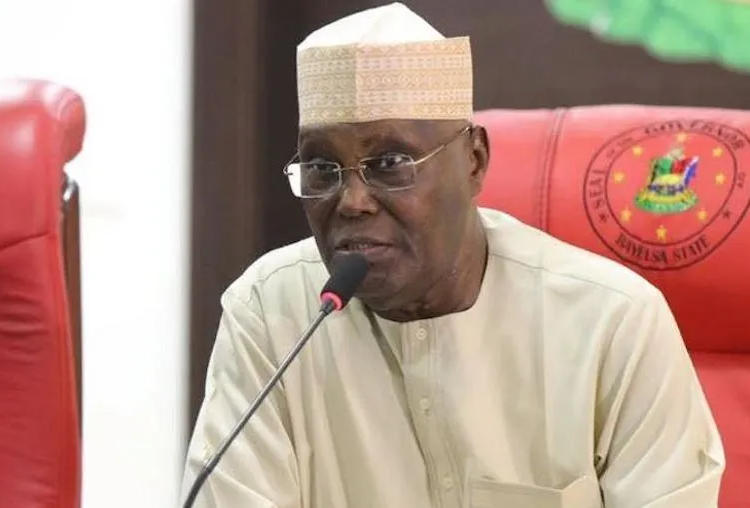The Arewa Professionals for Democracy and Development (APDD) has slammed Nigerian former Vice President, Atiku Abubakar over his recent criticisms on the loan request from President Bola Tinubu.
LEADERSHIP reports that the National Assembly approved a $2.2 billion foreign loan request from President Tinubu.
This development was greeted with many reactions from Nigerians. One of the critique of this foreign loan request is the 2023 People’s Democratic Party (PDP) Presidential candidate, Atiku Abubakar, who raised concerns that the loan would be embezzled by the government.
In a reaction to the former Vice president, the group in a statement signed by its President, Engr. Moses Odaudu said Atiku’s criticism of the loan ignores key aspects of economic management and development.
The group said it is important to scrutinise government actions, it is equally important to consider the broader context and potential benefits of these loans.
“He blatantly trivialised the strategic intent behind the loans by asserting that they are “bone-crushing” and bring “insufferable pressure” on the economy whereas when properly managed and invested in critical infrastructure and development projects, the loans can stimulate economic growth, create jobs, and improve public services.
“We believe what Atiku did was to project his value on the incumbent government with the implication that he concluded the loans would be embezzled because that is what would have happened if he were the president.
“This is even as President Tinubu has assured that his government will ensure transparency and accountability in using these funds, which should have been Atiku’s focus instead of the infantile tantrums he threw in the public opinion space.
“This is why we ask the former vice president to differentiate between constructive criticism aimed at improving governance and baseless accusations that can undermine public trust in Nigeria”, the group said.
Odaudu further noted that they noticed that Atiku’s criticism overlooked the complexities of international finance and the strategic decisions involved in securing favourable terms of borrowing, which caused him to dwell on the comparison of exchange rates while suggesting that the loans are poorly negotiated.





